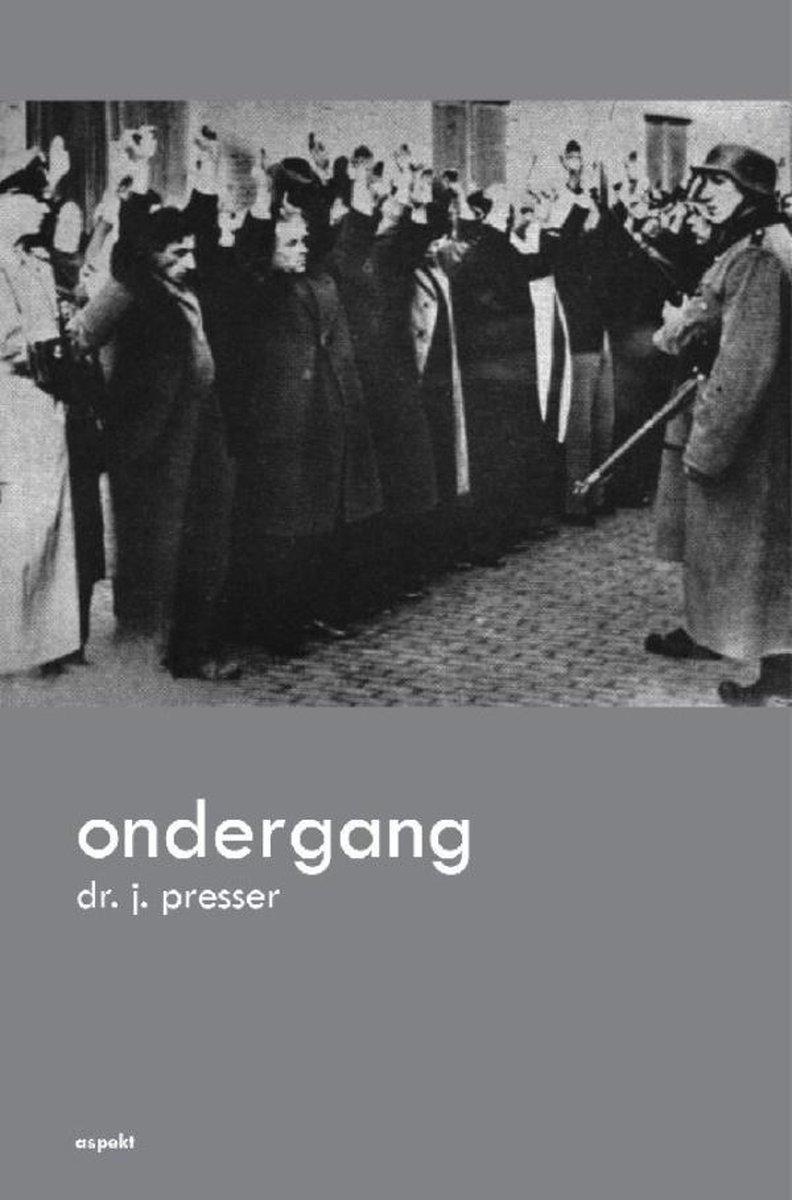Ashes in the Wind
'Ashes in the Wind' by historian Jacques Presser is a raw book, an emotional and bitter account of the fate of the Jews of the Netherlands. The memoirs, diaries and letters used to illustrate it cannot fail to affect the reader. Presser felt duty-bound ‘to be an interpreter for those who are condemned to eternal silence; only here and now, only this one time, could they make themselves heard once more’.

Of the 140,000 Jews who lived in the Netherlands in May 1940, most of those deported never returned alive. Ondergang is the harrowing chronicle of this history. Within about thirty pages the reader is filled with a sense of oppression – so much contempt and hatred has been crammed into these early passages. Presser’s tone is emphatic, his analysis systematic, his arguments convincing. In addition to being a historian, Presser was also a poet and a writer. He gained international recognition with his gripping novella,
De nacht der Girondijnen. Presser’s role was a very special one: he became the historian of a period in which he and his people were turned into victims. Despite his personal involvement (as a Jew he had to go into hiding while his wife was deported and gassed) he was able to preserve his historical distance. That took a tremendous effort. He tells us that he had to choose between keeping silent and writing. He saw no third possibility. He chose writing because he felt the call to serve as ‘the spokesman of those doomed to eternal silence, and who, here and now, just this once, could make themselves heard again.’
It was only with Presser’s Ondergang that such a traumatic subject for Dutch society began to be aired. The discussion of the attitude of the Dutch people and Dutch authorities during the German occupation is not yet closed and keeps stirring. The books that have been published about the fate of Dutch Jewry between 1940 and 1945 are at most detailed additions or else they add fine distinctions to Presser’s study. The bitter core of Ondergang has not been changed.
Presser saw the best and the worst of the Dutch response to Nazi occupation. To an impressive extent he carried this balanced view into his remarkable book.
The Jewish Chronicle
Presser has rendered a great service to the record of humanity. Ashes in the wind is a monument to the memory of the Jewish citizens of Holland who were massacred.
Times Literary Supplement